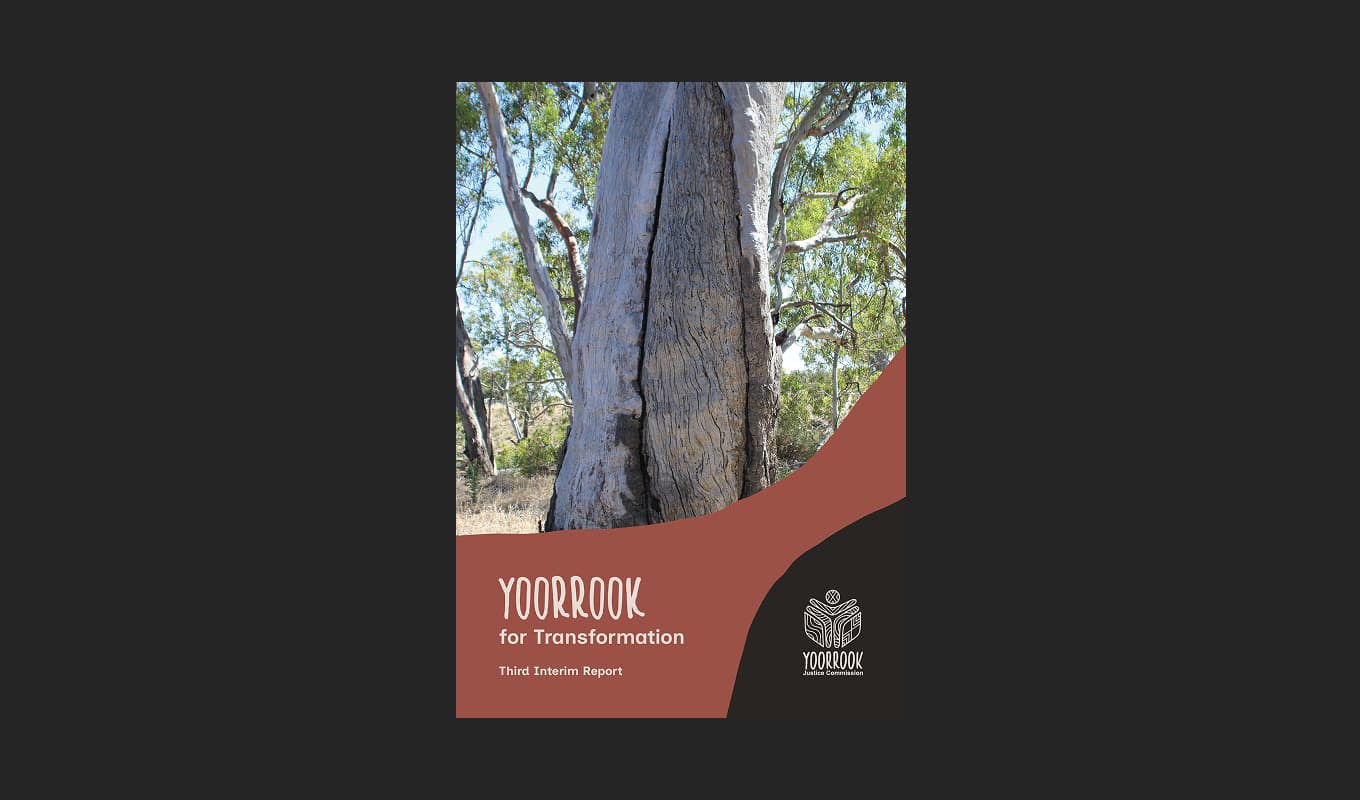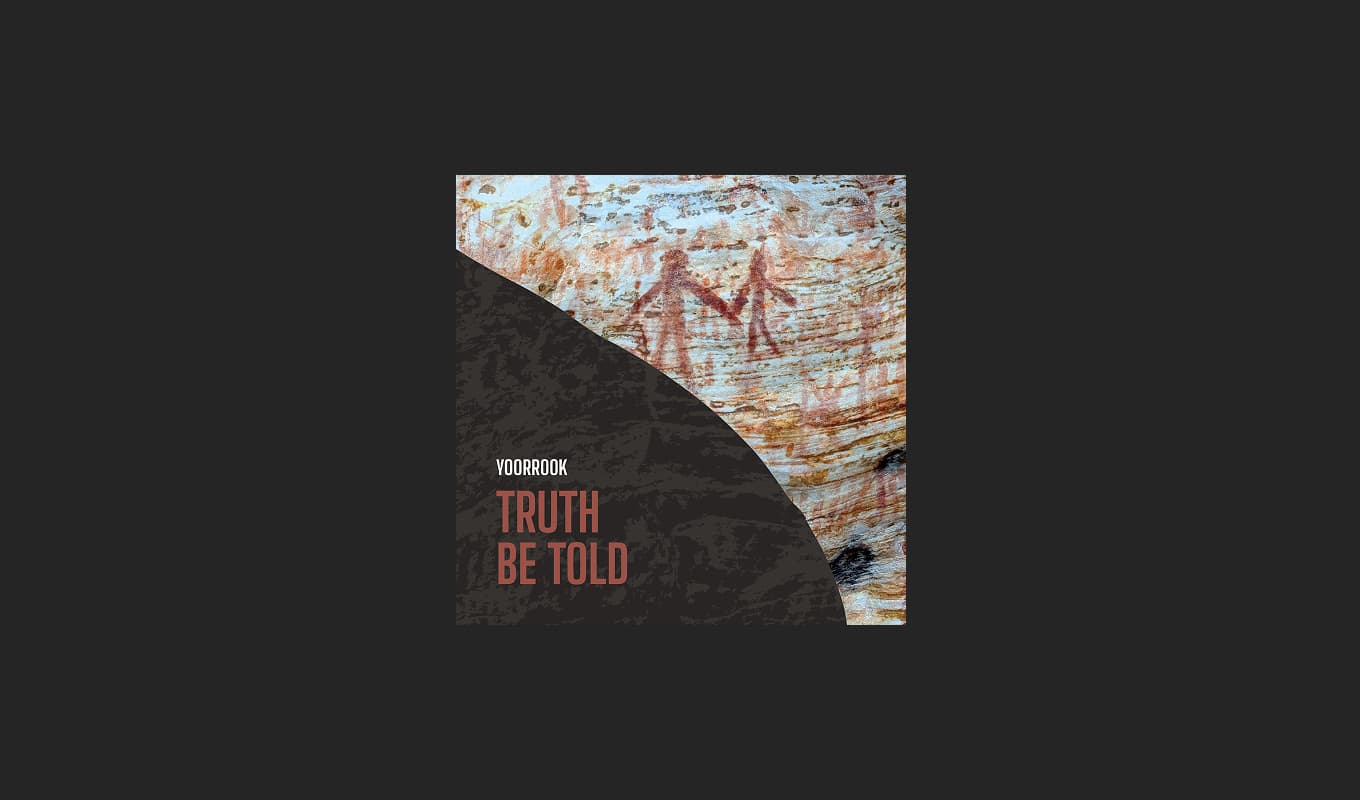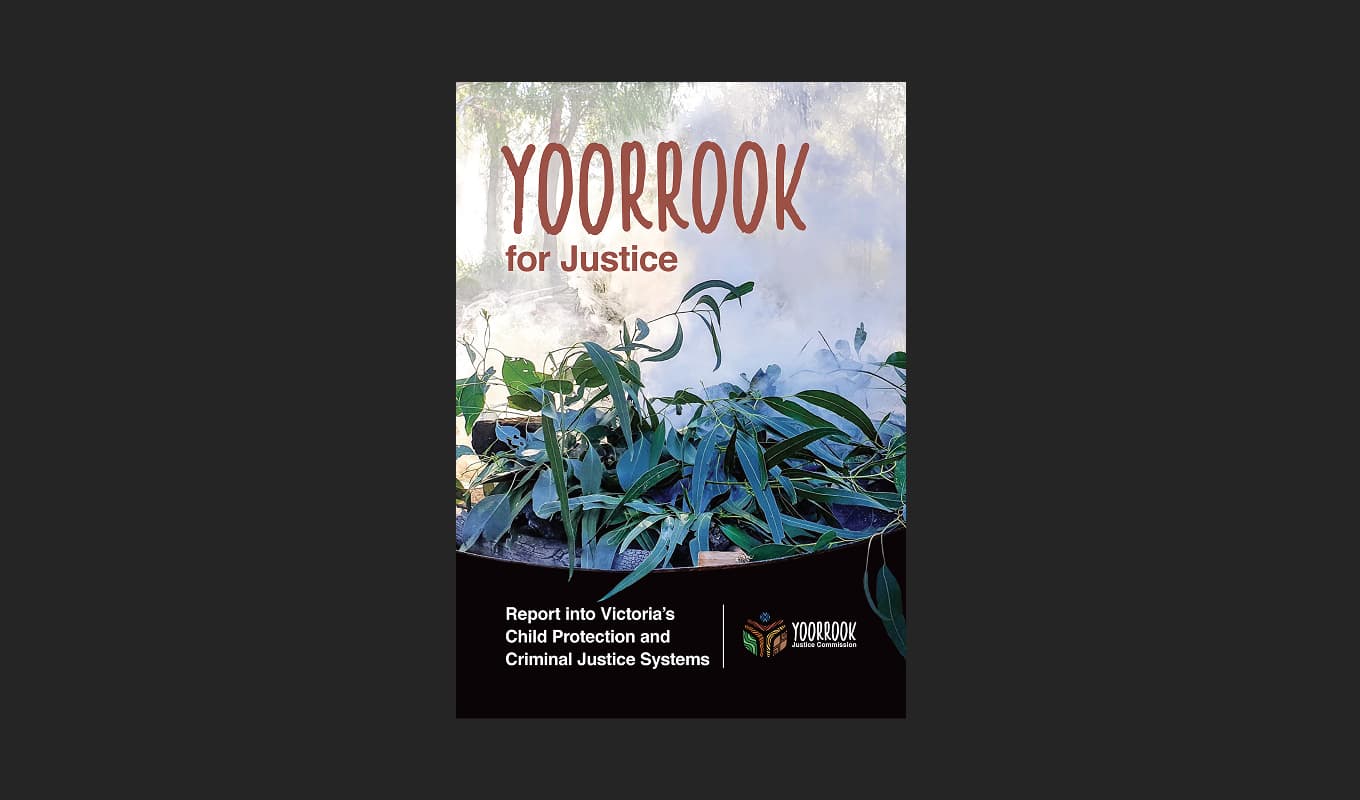Alison Langmead
Alison Langmead criticises the education system's neglect of First Nations history and advocates for storytelling, inquiry-based learning, and authentic support for Indigenous approaches to promote healing and justice.
Submission Transcription
A lot more now than I did in the first 20 years of my life of 76 years! I began researching it at Teacher’s College and have been on a fairly passionate steep learning curve ever since, though not always giving the attention it deserved! I have a few Indigenous friends whose impacted lives have probably been my most sobering teachers, definitely continued because the underlying travesties have not been addressed.
I only learned the stereotypical misinformation in Primary and Secondary school with NO acknowledgement of the trauma of dispossession, massacres, attitudes of colonial supremacy around the treatment of indigenous children/families and so on. It’s a travesty of neglect! It’s a travesty that Aboriginal languages were (and still have been in far too many remote community schoos) forbidden to be spoken/taught, still seeing English as the language that must be given precedence! let alone culture!!
I hardly know where to begin! In Primary schools I would like to see their story approached in story form through introducing chiildren (and their families) to First People storytellers and cultural experiences that engender wonder and other feeling responses such as sorrow for their ‘homes’ and children being taken .. putting themselves in others’ shoes etc In High Schools, a process of inquiry, discovery, relationship, reading (as there are some excellent books written by First People authors and films which would need to be discussed for best learning). In the wider community – Councils, Churches, Workplaces: exploring ‘somewhat tired habits’ of Acknowledgement to give more impact and authenticity and invitation to more learning and support for more relevant forms of enabling Trust and appropriate Funding for Indigenous approaches to eg Housing, Farming, Health and Education – especially honouring the learning of the Indigenous languages that have not been lost that are relevant to particular communities. If our nation is to heal there will HAVE to be opportunity for truth-telling while some of the old people are still with us but even if they are not. There are enough others to share their story. Forms of Treaty or equivalent documents of Justice MUST be explored if our First Peoples are to have rightful equality in this nation. Another TRAVESTY is the Justice system in relation to all our First People, but especially around the incarceration of children who are the product of families traumatised by their dispossession, disconnection, inappropriate responses and control by authorities who have never understood or taken into account the effects of our whole colonising approach and wasting scores of millions of dollars that could be invested in support and alternative structures for families and individuals if they were not spent on shoring up a recidivist system of incarceration, punishment and alarmist reporting! These as a beginning will keep any State busy!
We can ask to be able to listen to and find ways to support First Nations Victorians in their quest to be heard, respected, understood and honoured for their millennia foundation of care for this country before they were treated as “in the way” of progress. We can be offered learning at every public event where history is relevant to the nature of the present moment. We (at least people of proclaimed faith in One who favoured the poor and oppressed) could be offered opportunity to consider ways to support healing through forms of reparation (some financial or personal or group support) for individuals, families and groups who are unequally disadvantaged, considering the atrocities and near devastation of their peoples’ past.
We can ask to be able to listen to and find ways to support First Nations Victorians in their quest to be heard, respected, understood and honoured for their millennia foundation of care for this country before they were treated as “in the way” of progress. We can be offered learning at every public event where history is relevant to the nature of the present moment. We (at least people of proclaimed faith in One who favoured the poor and oppressed) could be offered opportunity to consider ways to support healing through forms of reparation (some financial or personal or group support) for individuals, families and groups who are unequally disadvantaged, considering the atrocities and near devastation of their peoples’ past.
Truth-teller consent
Contact us about this submission
Contact us if you’d like to discuss this submission.
Similar submissions
Explore submissions from other witnesses that discuss similar topics.
Viki Sinclair (Fowler)
Viki Sinclair is a direct descendant of one of the original settlers of Gippsland, Colin McLaren. In this submission, she tells her personal story of... more
Anonymous 1481
The author has a broad understanding of colonisation’s impact on First Peoples but feels Victoria's education system was extremely limited in teaching... more
Denise Cusack Sister of Our Lady of Sion
Denise Cusack, Sister of Our Lady of Sion, found attending some of the Yoorrook Justice Commission public hearings to be a deeply moving experience,... more
Melissa Turnbull
Melissa Turnbull describes the brutal colonisation of Victoria, including undocumented massacres and displacement of First Peoples. Her education on F... more
Reports and Recommendations
Read the official reports and recommendations of the Yoorrook Justice Commission.

Yoorrook for Transformation
Third Interim Report: A five-volume comprehensive reform report presenting evidence and findings on systemic injustices, and specific recommendations for meaningful change to transform the future.

Truth Be Told
An official public record that documents First Peoples experiences since colonisation, preserves crucial testimonies for future generations and creates an enduring resource for education and understanding.

Recommendations for change
Yoorrook Justice Commission’s recommendations for truth-telling, justice, and systemic reform in Victoria.
